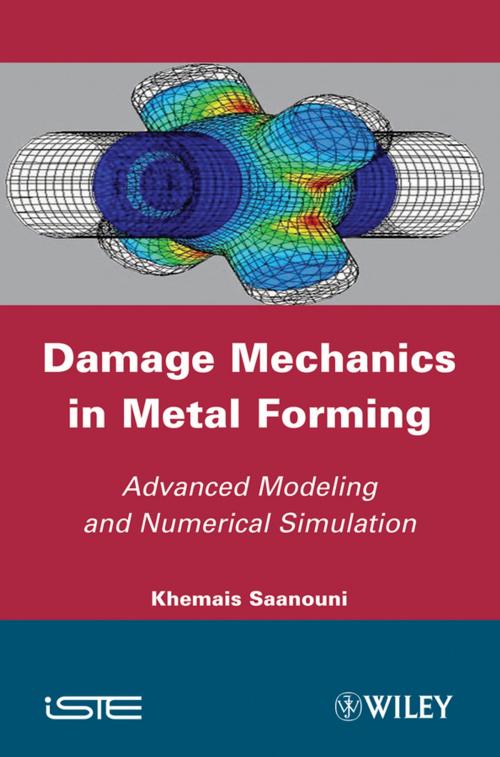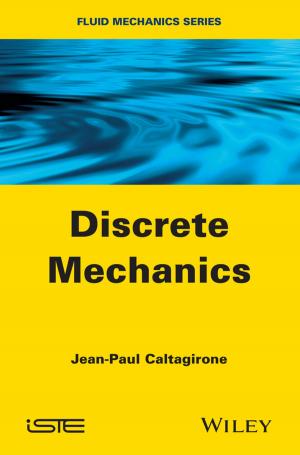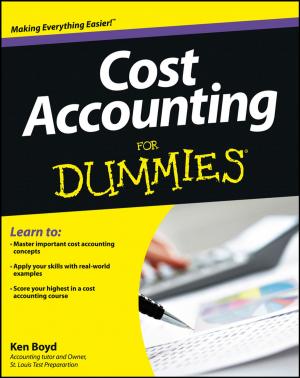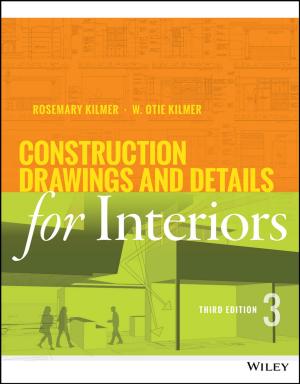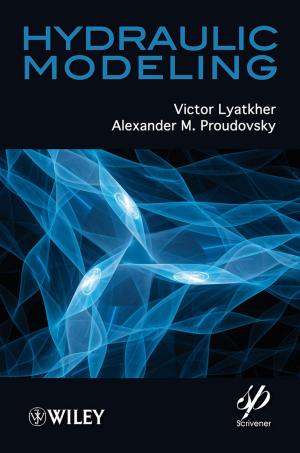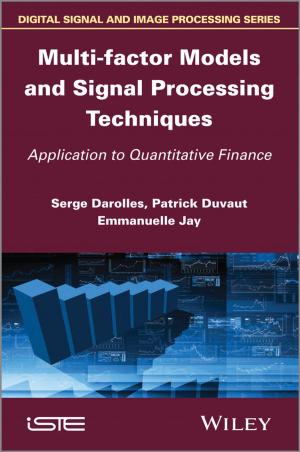Damage Mechanics in Metal Forming
Advanced Modeling and Numerical Simulation
Nonfiction, Science & Nature, Technology, Material Science| Author: | Khemais Saanouni | ISBN: | 9781118600870 |
| Publisher: | Wiley | Publication: | February 4, 2013 |
| Imprint: | Wiley-ISTE | Language: | English |
| Author: | Khemais Saanouni |
| ISBN: | 9781118600870 |
| Publisher: | Wiley |
| Publication: | February 4, 2013 |
| Imprint: | Wiley-ISTE |
| Language: | English |
The aim of this book is to summarize the current most effective methods for modeling, simulating, and optimizing metal forming processes, and to present the main features of new, innovative methods currently being developed which will no doubt be the industrial tools of tomorrow. It discusses damage (or defect) prediction in virtual metal forming, using advanced multiphysical and multiscale fully coupled constitutive equations. Theoretical formulation, numerical aspects as well as application to various sheet and bulk metal forming are presented in detail.
Virtual metal forming is nowadays inescapable when looking to optimize numerically various metal forming processes in order to design advanced mechanical components. To do this, highly predictive constitutive equations accounting for the full coupling between various physical phenomena at various scales under large deformation including the ductile damage occurrence are required. In addition, fully 3D adaptive numerical methods related to time and space discretization are required in order to solve accurately the associated initial and boundary value problems. This book focuses on these two main and complementary aspects with application to a wide range of metal forming and machining processes.
Contents
- Elements of Continuum Mechanics and Thermodynamics.
- Thermomechanically-Consistent Modeling of the Metals Behavior with Ductile Damage.
- Numerical Methods for Solving Metal Forming Problems.
- Application to Virtual Metal Forming.
The aim of this book is to summarize the current most effective methods for modeling, simulating, and optimizing metal forming processes, and to present the main features of new, innovative methods currently being developed which will no doubt be the industrial tools of tomorrow. It discusses damage (or defect) prediction in virtual metal forming, using advanced multiphysical and multiscale fully coupled constitutive equations. Theoretical formulation, numerical aspects as well as application to various sheet and bulk metal forming are presented in detail.
Virtual metal forming is nowadays inescapable when looking to optimize numerically various metal forming processes in order to design advanced mechanical components. To do this, highly predictive constitutive equations accounting for the full coupling between various physical phenomena at various scales under large deformation including the ductile damage occurrence are required. In addition, fully 3D adaptive numerical methods related to time and space discretization are required in order to solve accurately the associated initial and boundary value problems. This book focuses on these two main and complementary aspects with application to a wide range of metal forming and machining processes.
Contents
- Elements of Continuum Mechanics and Thermodynamics.
- Thermomechanically-Consistent Modeling of the Metals Behavior with Ductile Damage.
- Numerical Methods for Solving Metal Forming Problems.
- Application to Virtual Metal Forming.
